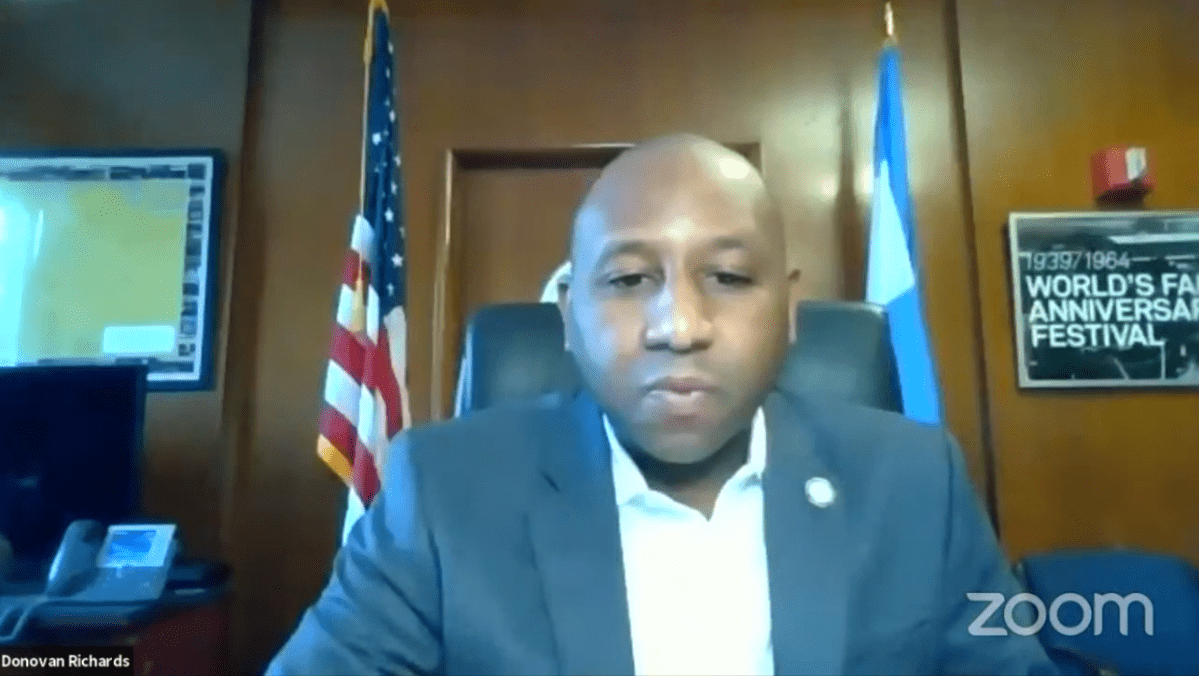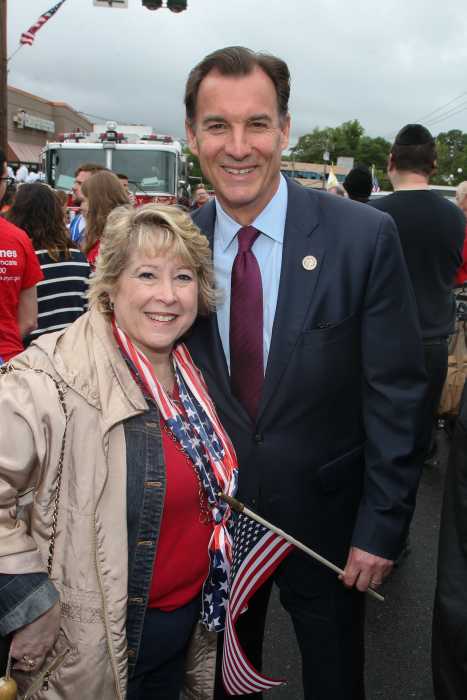Queens Borough President Donovan Richards held a virtual webinar on Tuesday, April 6, to outline community board reforms and new appointees.
Richards described the move to make new appointments and reappointments to community boards more inclusive, which included adding diverse voices and more women to the boards.
During Richards’ campaign for borough president, the former councilman advocated for more equity on the borough’s advisory boards. For Richards, this is the beginning of a long road of work ahead to ensure all Queens citizens are represented.
“It’s important to remember that in Queens county, we boast over 350 different languages spoken in Queens county, and our boards need to represent that,” Richard said. “We don’t build walls; we break them down, and diversity is our strength.”
The borough president’s office had more than 900 applicants to select from, and just over 100 open spots to fill. The most important matter in the selection process was to cover diversity gaps in certain boards, according to Richards. The committee also reviewed the volunteer history of each applicant, and Queens council members also had a say in the final community board selections.
Among the demographic data presented, Richards was happy to say that 55.4 percent of appointees ride the subway or train, and 16.7 percent cycle. More investment must be put into transportation as the numbers move toward individuals riding on public transportation, according to Richards.
“We talked about reimagining our streets, our transportation network here in Queens. It’s very important to have a diverse set of voices at the table. Not everybody drives,” Richards said.
Among constituents’ questions was concern around disciplinary actions and uniformity in board meetings. Richards alluded to the code of conduct each member is held to and reminded individuals that there will be zero tolerance for discrimination or threats made by board members. The current formal disciplinary process deems that members who engage in these actions will be removed from their position. The borough president’s office is actively modifying this process.
Richards also detailed the bylaw committees that manage meetings, and how boards can be more transparent in posting meeting notes online.
“One glaring example is transparency around meetings — providing your meeting notes online [and] people being able to view your meetings. The public has a right to see what’s happening in their community boards all across all 14,” Richards sad.
Richards plans to work with Mayor de Blasio to provide more funding to community boards, he said. This funding will help to expand outreach efforts and allow technology to be utilized for virtual meeting options. Richards anticipates that coming out of the pandemic, there will be a mixture of individuals still attending meetings remotely and access to meetings via the internet will be critical for those individuals.
With recommendations from the borough president, community boards will ultimately create their own bylaws. Certain factors will be uniform among each community board, with a handful of specific bylaws being left up to each board’s appointees.



































